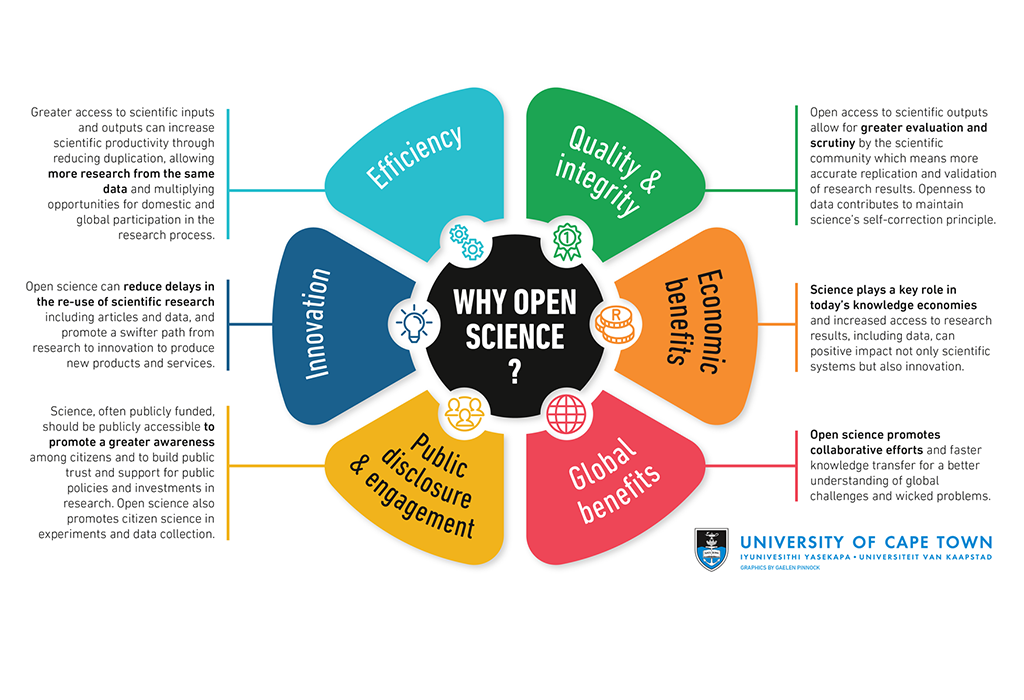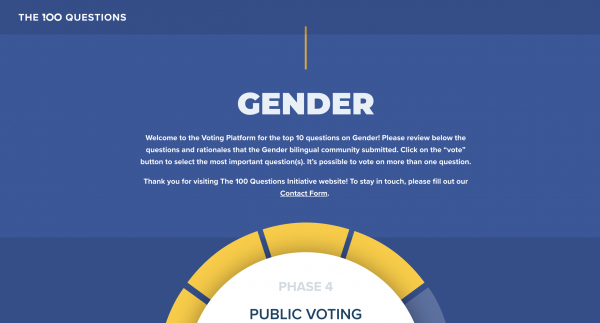Reema Patel at Significance: “There is a saying, incorrectly attributed to Mark Twain, that states: “History never repeat itself but it rhymes”. Seeking to understand the implications of the current crisis for the effective use of data, I’ve drawn on the nineteenth-century cholera outbreak in London’s Soho to identify some “rhyming patterns” that might inform our approaches to data use and governance at this time of public health crisis.
Where better to begin than with the work of Victorian pioneer John Snow? In 1854, Snow’s use of a dot map to illustrate clusters of cholera cases around public water pumps, and of statistics to establish the connection between the quality of water sources and cholera outbreaks, led to a breakthrough in public health interventions – and, famously, the removal of the handle of a water pump in Broad Street.
Data is vital
We owe a lot to Snow, especially now. His examples teaches us that data has a central role to play in saving lives, and that the effective use of (and access to) data is critical for enabling timely responses to public health emergencies.
Take, for instance, transport app CityMapper’s rapid redeployment of its aggregated transport data. In the early days of the Covid-19 pandemic, this formed part of an analysis of compliance with social distancing restrictions across a range of European cities. There is also the US-based health weather map, which uses anonymised and aggregated data to visualise fever, specifically influenza-like illnesses. This data helped model early indications of where, and how quickly, Covid-19 was spreading….
Ethics and human rights still matter
As the current crisis evolves, many have expressed concern that the pandemic will be used to justify the rapid roll out of surveillance technologies that do not meet ethical and human rights standards, and that this will be done in the name of the “public good”. Examples of these technologies include symptom- and contact-tracing applications. Privacy experts are also increasingly concerned that governments will be trading off more personal data than is necessary or proportionate to respond to the public health crisis.
Many ethical and human rights considerations (including those listed at the bottom of this piece) are at risk of being overlooked at this time of emergency, and governments would be wise not to press ahead regardless, ignoring legitimate concerns about rights and standards. Instead, policymakers should begin to address these concerns by asking how we can prepare (now and in future) to establish clear and trusted boundaries for the use of data (personal and non-personal) in such crises.
Democratic states in Europe and the US have not, in recent memory, prioritised infrastructures and systems for a crisis of this scale – and this has contributed to our current predicament. Contrast this with Singapore, which suffered outbreaks of SARS and H1N1, and channelled this experience into implementing pandemic preparedness measures.
We cannot undo the past, but we can begin planning and preparing constructively for the future, and that means strengthening global coordination and finding mechanisms to share learning internationally. Getting the right data infrastructure in place has a central role to play in addressing ethical and human rights concerns around the use of data….(More)”.


